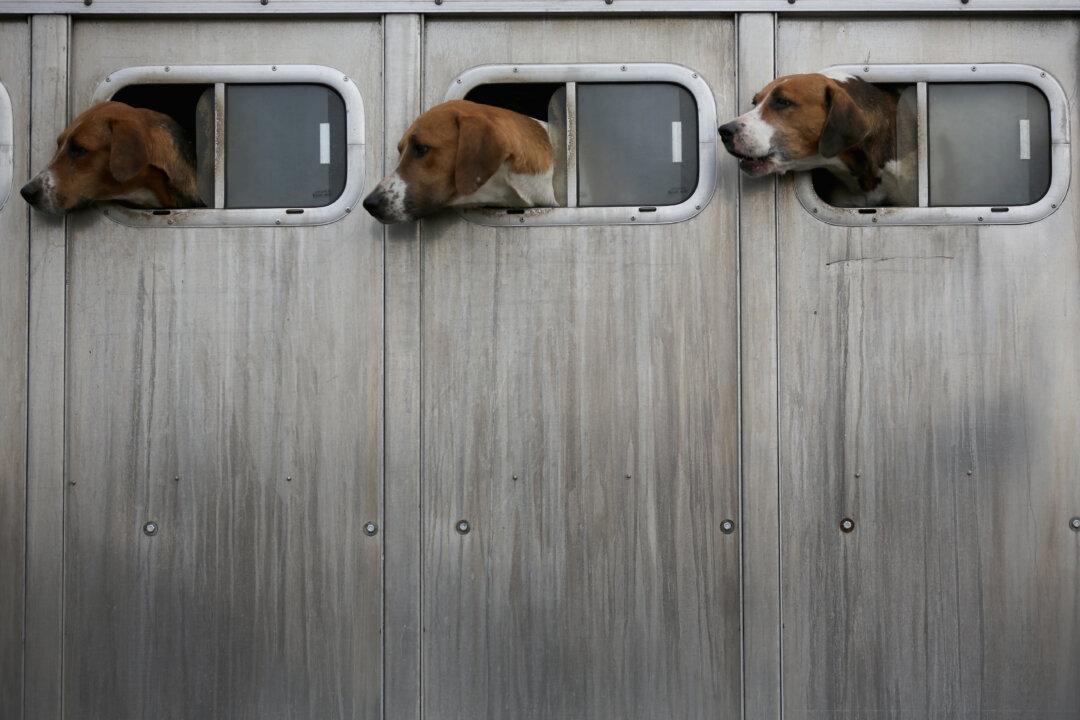Prime Minister Rishi Sunak has insisted his “stop the boats” pledge would cut the “unacceptable” cost of the asylum system, as a further 208 migrants arrived in the UK on Thursday via Channel crossings.
Mr. Sunak warned the asylum system was under “unsustainable pressure” after the bill for the taxpayer almost doubled in a year to nearly £4 billion. Illegal arrivals via the small boats have now been documented for ten consecutive days.





